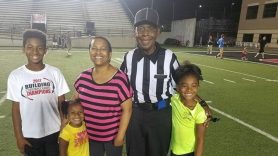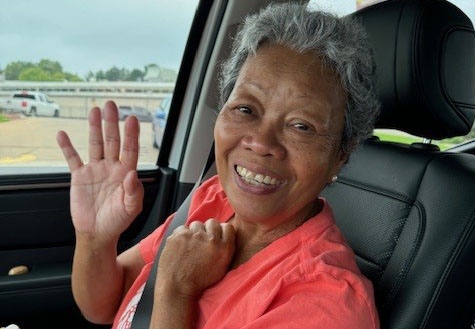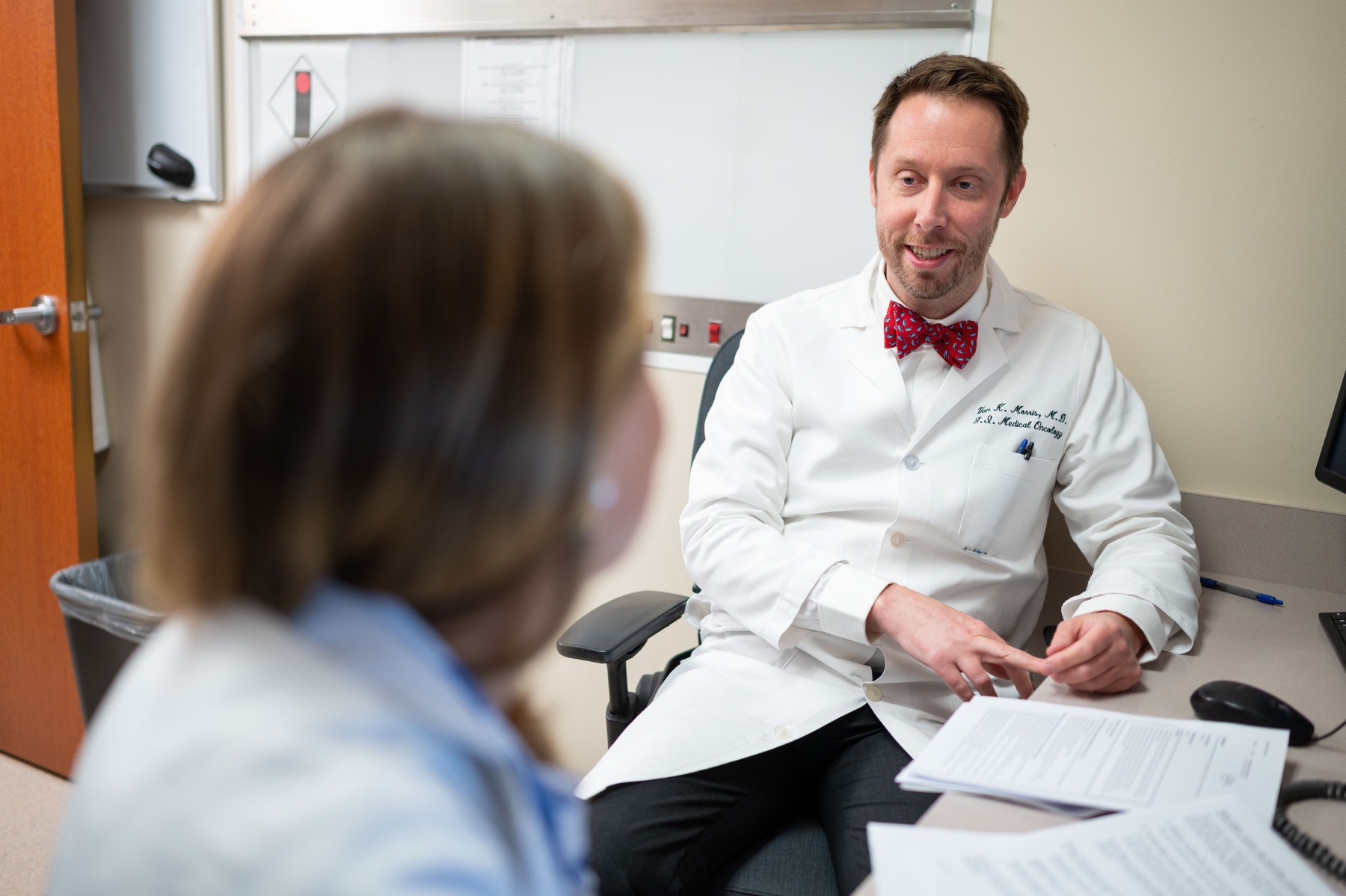- Diseases
- Acoustic Neuroma (14)
- Adrenal Gland Tumor (24)
- Anal Cancer (68)
- Anemia (2)
- Appendix Cancer (16)
- Bile Duct Cancer (26)
- Bladder Cancer (72)
- Brain Metastases (28)
- Brain Tumor (232)
- Breast Cancer (714)
- Breast Implant-Associated Anaplastic Large Cell Lymphoma (2)
- Cancer of Unknown Primary (4)
- Carcinoid Tumor (8)
- Cervical Cancer (158)
- Colon Cancer (166)
- Colorectal Cancer (116)
- Endocrine Tumor (4)
- Esophageal Cancer (44)
- Eye Cancer (36)
- Fallopian Tube Cancer (8)
- Germ Cell Tumor (4)
- Gestational Trophoblastic Disease (2)
- Head and Neck Cancer (12)
- Kidney Cancer (128)
- Leukemia (342)
- Liver Cancer (50)
- Lung Cancer (286)
- Lymphoma (278)
- Mesothelioma (14)
- Metastasis (30)
- Multiple Myeloma (100)
- Myelodysplastic Syndrome (60)
- Myeloproliferative Neoplasm (4)
- Neuroendocrine Tumors (16)
- Oral Cancer (100)
- Ovarian Cancer (172)
- Pancreatic Cancer (160)
- Parathyroid Disease (2)
- Penile Cancer (14)
- Pituitary Tumor (6)
- Prostate Cancer (146)
- Rectal Cancer (58)
- Renal Medullary Carcinoma (6)
- Salivary Gland Cancer (14)
- Sarcoma (238)
- Skin Cancer (296)
- Skull Base Tumors (56)
- Spinal Tumor (12)
- Stomach Cancer (64)
- Testicular Cancer (28)
- Throat Cancer (92)
- Thymoma (6)
- Thyroid Cancer (96)
- Tonsil Cancer (30)
- Uterine Cancer (80)
- Vaginal Cancer (16)
- Vulvar Cancer (20)
- Cancer Topic
- Adolescent and Young Adult Cancer Issues (20)
- Advance Care Planning (10)
- Biostatistics (2)
- Blood Donation (18)
- Bone Health (8)
- COVID-19 (362)
- Cancer Recurrence (120)
- Childhood Cancer Issues (120)
- Clinical Trials (630)
- Complementary Integrative Medicine (22)
- Cytogenetics (2)
- DNA Methylation (4)
- Diagnosis (232)
- Epigenetics (6)
- Fertility (62)
- Follow-up Guidelines (2)
- Health Disparities (14)
- Hereditary Cancer Syndromes (126)
- Immunology (18)
- Li-Fraumeni Syndrome (8)
- Mental Health (116)
- Molecular Diagnostics (8)
- Pain Management (62)
- Palliative Care (8)
- Pathology (10)
- Physical Therapy (18)
- Pregnancy (18)
- Prevention (916)
- Research (392)
- Second Opinion (74)
- Sexuality (16)
- Side Effects (604)
- Sleep Disorders (10)
- Stem Cell Transplantation Cellular Therapy (216)
- Support (402)
- Survivorship (320)
- Symptoms (182)
- Treatment (1786)
Immunotherapy clinical trial and surgery get kidney cancer survivor back in the game
4 minute read | Published May 07, 2018
Medically Reviewed | Last reviewed by an MD Anderson Cancer Center medical professional on May 07, 2018
Last year, Primus Moore was among seven referees selected to officiate Oklahoma’s all-state high school football games.
“It’s inspiring for an 18-year-old kid to see that you’re 70 years old and you’re keeping up with them,” he says.
For Primus, being able to keep up with high school athletes was an even bigger deal because he was undergoing kidney cancer treatment at the time.
After his diagnosis in 2014, he had a total nephrectomy to remove his left kidney. But after he saw a doctor about an ankle injury he suffered while refereeing a high school football game a year and half later, Primus learned the cancer had spread to his right leg and ankle bones.
“I had mixed emotions. I knew that things could go either good or bad,” he recalls.
The first oncologist Primus saw in Oklahoma said amputation was his only option. The second recommended he come to MD Anderson.
Immunotherapy clinical trial offers hope
Hoping to save his leg, Primus and his wife, Veronica, drove to Houston to see Jianjun Gao, M.D., who told Primus about a clinical trial studying immunotherapy’s effectiveness in treating metastatic kidney cancer and preventing its recurrence. As part of the trial, he’d receive three cycles of the immunotherapy drug Nivolumab, followed by surgery to get rid of the tumors in his leg, and then resume the immunotherapy treatments.
“I’ve been an educator for over 40 years. Teaching and learning has been in my system, and if I could be of any help for future patients, then that is my goal,” he says of his decision to join the trial.
Surgery preserves kidney cancer patient’s mobility
At MD Anderson, Primus also met with orthopedic surgeon Justin Bird, M.D., and reconstructive surgeon Jesse Selber, M.D., to discuss his case.
“When I met with Dr. Bird, he asked me what my plans were. I told him that I wanted to go back on the football field, and he said, ‘I think I could make it happen,’” Primus recalls. “Then Dr. Selber came up with a plan, and they all worked together to pull it off.”
After Primus had completed his initial cycles of immunotherapy, he underwent surgery on Feb. 2, 2016.
During the 12-hour procedure, Bird removed Primus’ tumor and replaced the damaged bone with a piece of metal. Selber performed a flap procedure, during which he removed skin, tissue and blood vessels from the upper part of Primus’ leg and relocated them to his ankle to preserve his mobility.
Primus was able to use a walker just 10 days after his surgery. With time and a little practice, he managed to navigate staircases, get in and out of cars, and eventually, walk all by himself.
“For me, recovery was fine. The toughest part was staying in the hospital for 14 days,” Primus says.
Returning to the football field after kidney cancer treatment
By the start of football season, Primus was back on the field.
“I’m not as fast as I used to be, but I can still run up and down the field,” he says. “It’s been 2 or 3 years, and everything is still getting stronger.”
Until he completed his maintenance immunotherapy treatment this past March, Primus continued to return to MD Anderson every two weeks. So far, none of his tumors have returned.
“Dr. Gao says I’m a star pupil. I had some reaction to the thyroid but no other side effects from the immunotherapy,” he says. “In fact, I felt well enough to drive myself back to Oklahoma after my infusions.”
Looking forward to the next chapter
When Primus completed his clinical trial, the occasion was bittersweet.
“You hope for that day to come, but you feel like you’re going to lose a part of your family,” he says. “The doctors, the clinical nurses, the research nurses – all of the folks – you become connected, and there’s a love there for everybody. There’s a lot of friends that I won’t see like I used to anymore. You build a bond, a relationship, so it’s hard to watch it disappear.”
Still, Primus is looking forward to the next chapter of his life, which he hopes includes a lot more time for family and football.
“Refereeing is something I love to do,” he says. “I want to continue to do it as long as I can.”
Request an appointment at MD Anderson online or by calling 1-844-946-4342.
Related Cancerwise Stories

If I could be of any help for future patients, then that is my goal.
Primus Moore
Survivor





